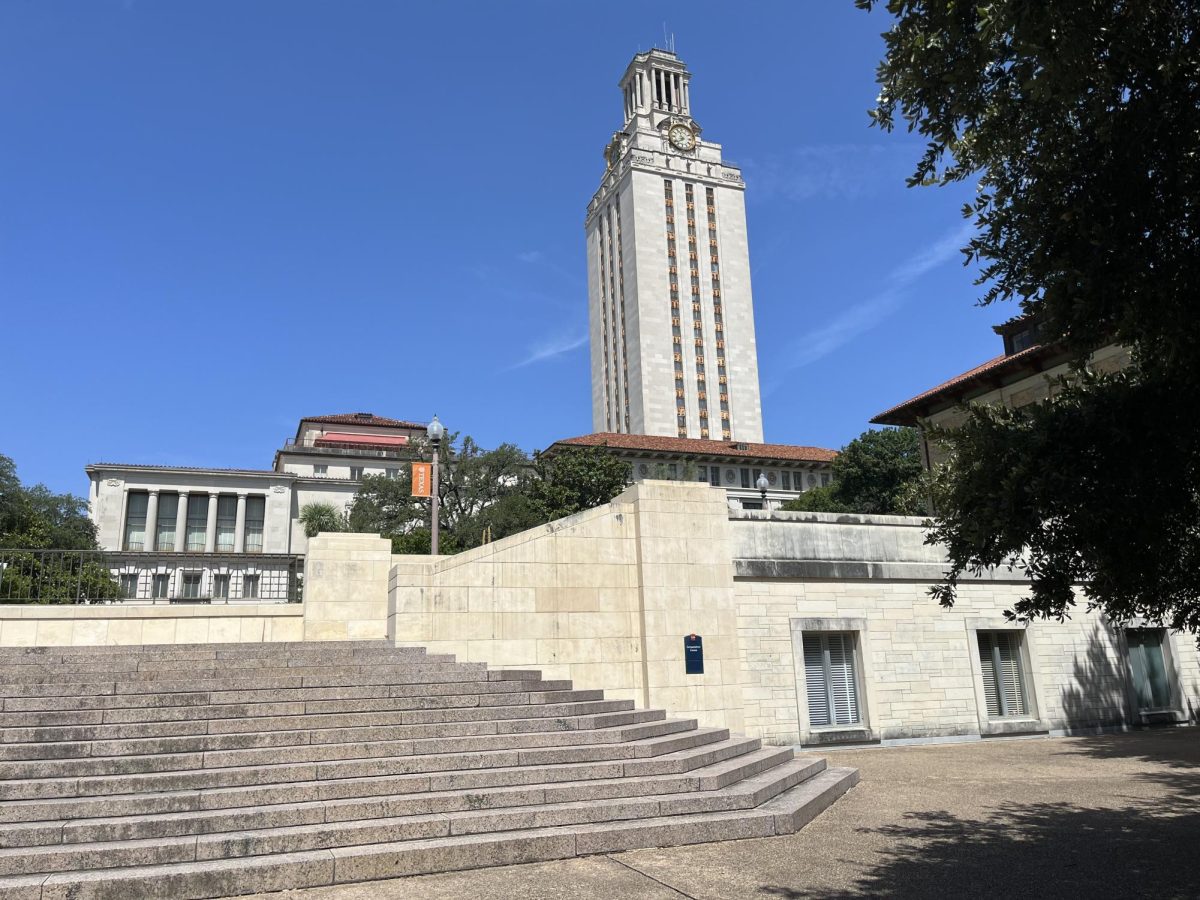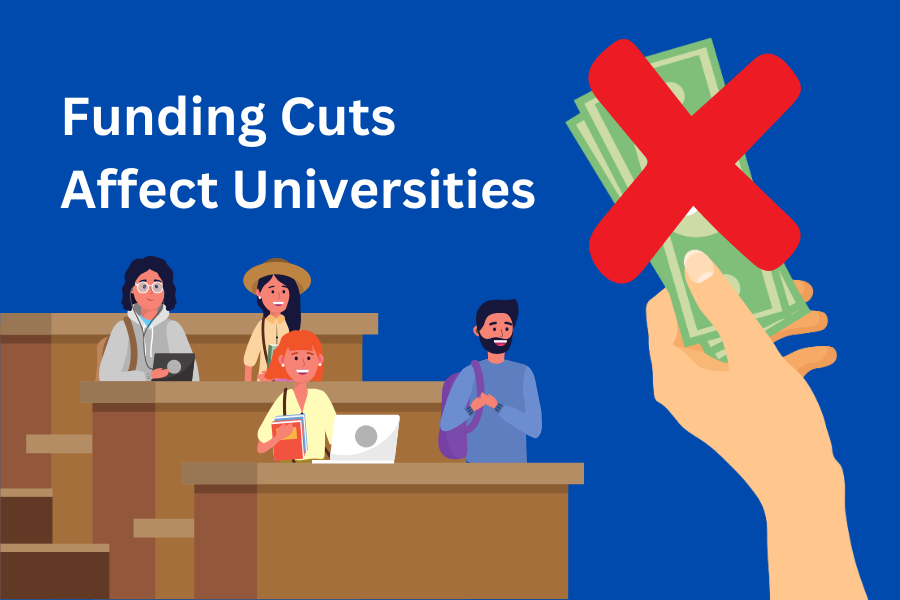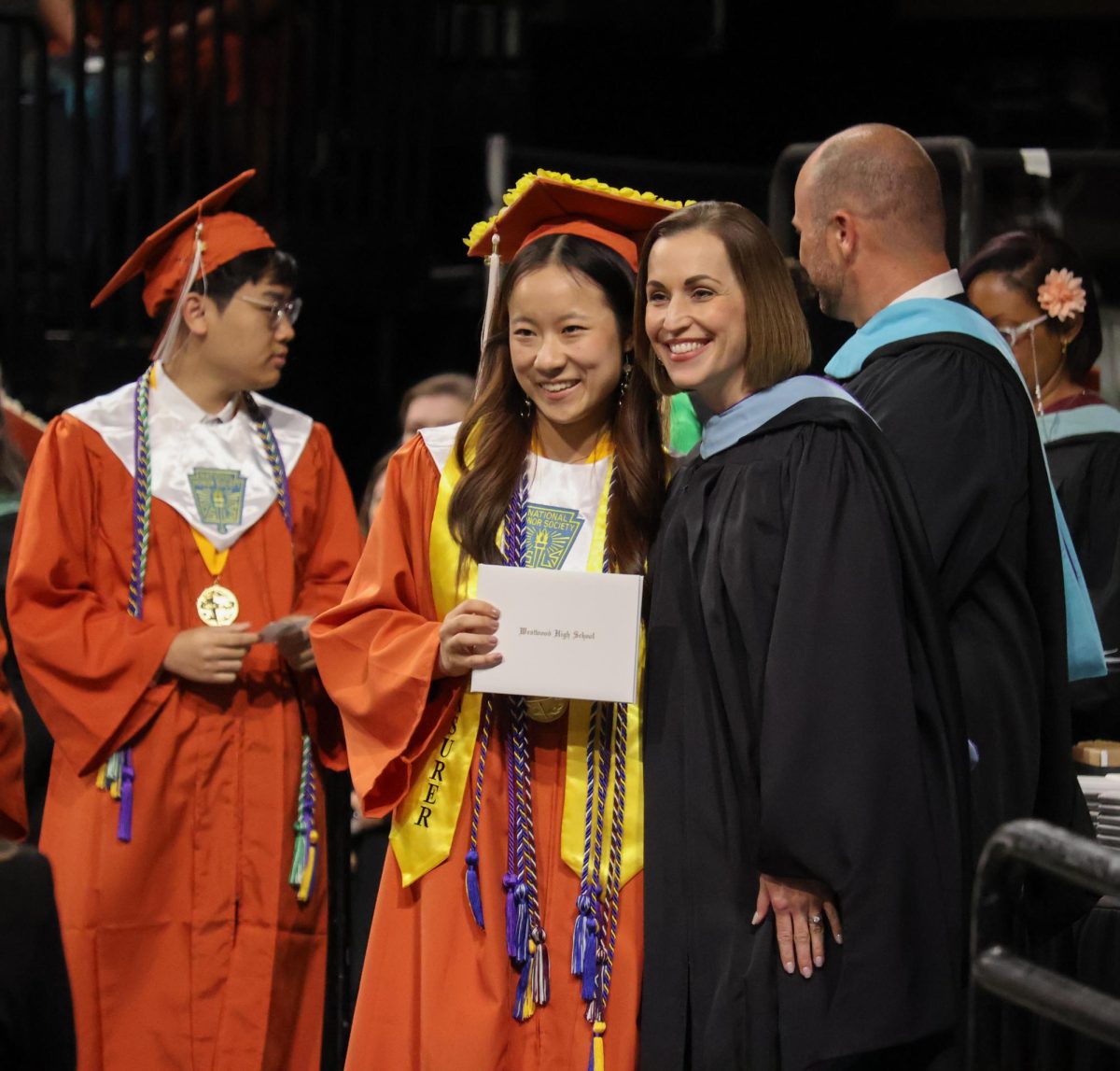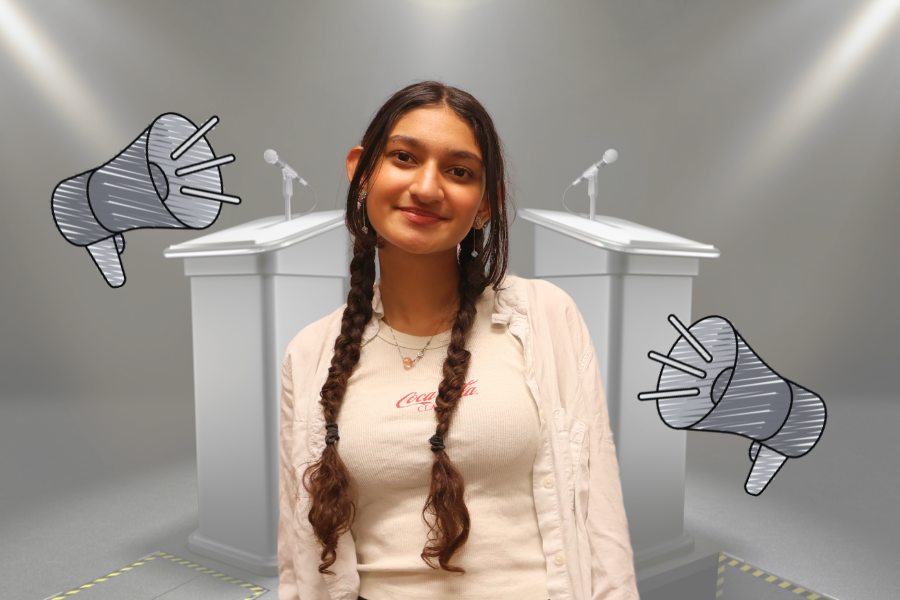Just a decade ago, Texas parents deeply involved in their child’s college applications might lament about the process: “My child’s academics are so poor, but at least they’ll be able to go to UT Austin.” Now, their frustrations are different: “My child is pretty good, but we’ll be lucky if they can even get into UT.”
What changed?
One of the largest universities in the country, UT Austin currently has an acceptance rate of 31%. However, this number has been decreasing. Just five years ago, the acceptance rate was nearly 40%. Though it’s true that the number of UT applicants have increased, it’s also possible that getting admitted is simply harder.
Earlier this year, Forbes magazine released a report highlighting the “New Ivy Leagues”: ten public and ten private universities that the report claims to be comparable to the long-established list of the old Ivies, including Harvard, Princeton, and Yale. Over recent years, a resentment towards the original eight Ivies has been growing. Complaints about Yale’s grade inflation and quibbles about Harvard’s systemic nepotism are just a couple items on the public’s growing list of grievances.
“I feel like Ivy Leagues are so overhyped these days. There’s so many circumstances that Ivy Leagues look at that are completely out of a student’s control such as legacy status or your personal background,” Sugar Land resident and UT applicant Emma Qiu ‘25 said. “In my opinion it’s unfair that not everyone is on an even playing field, but there’s really nothing we can do to change this.”
The Forbes report narrowed their “New Ivies” list down from almost 2,000 colleges, each of at least 4,000 students, using criteria such as admissions selectivity and student standardized test scores to craft their final list. UT Austin made it onto the top 10 public colleges list.
“UT is my dream school,”Alex Correia ‘26 said. I adore the people who go to UT because there’s so much diversity with race, sexuality, gender and much more.”
A rise in attention to some of UT Austin’s honors programs might explain the increase in applicants. For instance, UT’s Turing Scholars program is part of one of the nation’s top computer science departments, comparable in rigor to Stanford’s. Higher nationwide recognition of the merit of such programs would thus lead to an increase in highly-qualified applicants, and an increase in admission difficulty.
“[UT’s] many great and extremely competitive programs such as Turing or McCombs are most certainly a huge positive, and provide students with lots of opportunities in the future,” Qiu said. “[That] might attract more people from outside of Texas.”
UT’s overall decreasing admission rate is reflected in Westwood’s consequent UT Austin admission rate as well. In 2019, the student body’s pre-pandemic admission rate to UT was more than 20%, whereas now it’s fallen to 17%, with a clear decreasing trend.
“[The decreasing rate] is pretty intimidating but I don’t think it’s anything super crazy, college admissions everywhere have been on the rise as more and more people apply,” Correia said. “[Also], Westwood is so competitive [that] it’s very hard to reach that auto admit percentage even though people who aren’t in that range are still very capable and successful.”
Forbes’ recent ranking is likely to attract more UT applicants than ever before. However, many are hesitant to approve of UT’s new title.
“I don’t really think the term ‘new Ivy’ suits UT, [and] I don’t really think acknowledging UT as an Ivy is going to change much, at least in the next few years,” Qiu said. “People already have the idea of what an Ivy League is in their heads and UT just doesn’t really fit.”
This sentiment is corroborated by experts. Ethan Sawyer, otherwise known as the College Essay Guy, notes that linear rankings (such as Forbes’) don’t give students “a sense of whether they fit with a school.” Acclaimed author Malcolm Gladwell points out that there’s no direct way to measure the quality of an institution, and a Columbia math professor even debunked his own university’s U.S. News ranking.
“UT is a very successful school and its alumni are very adept, [but] this is because the people who chose [UT] belong there, not because of any specific title given to it,” Correia said. “If UT accepts the title of ‘new Ivy’ I can only imagine that a lot of the diversity and culture of UT is at risk of being washed out due to others applying for the title rather than the school itself.”














